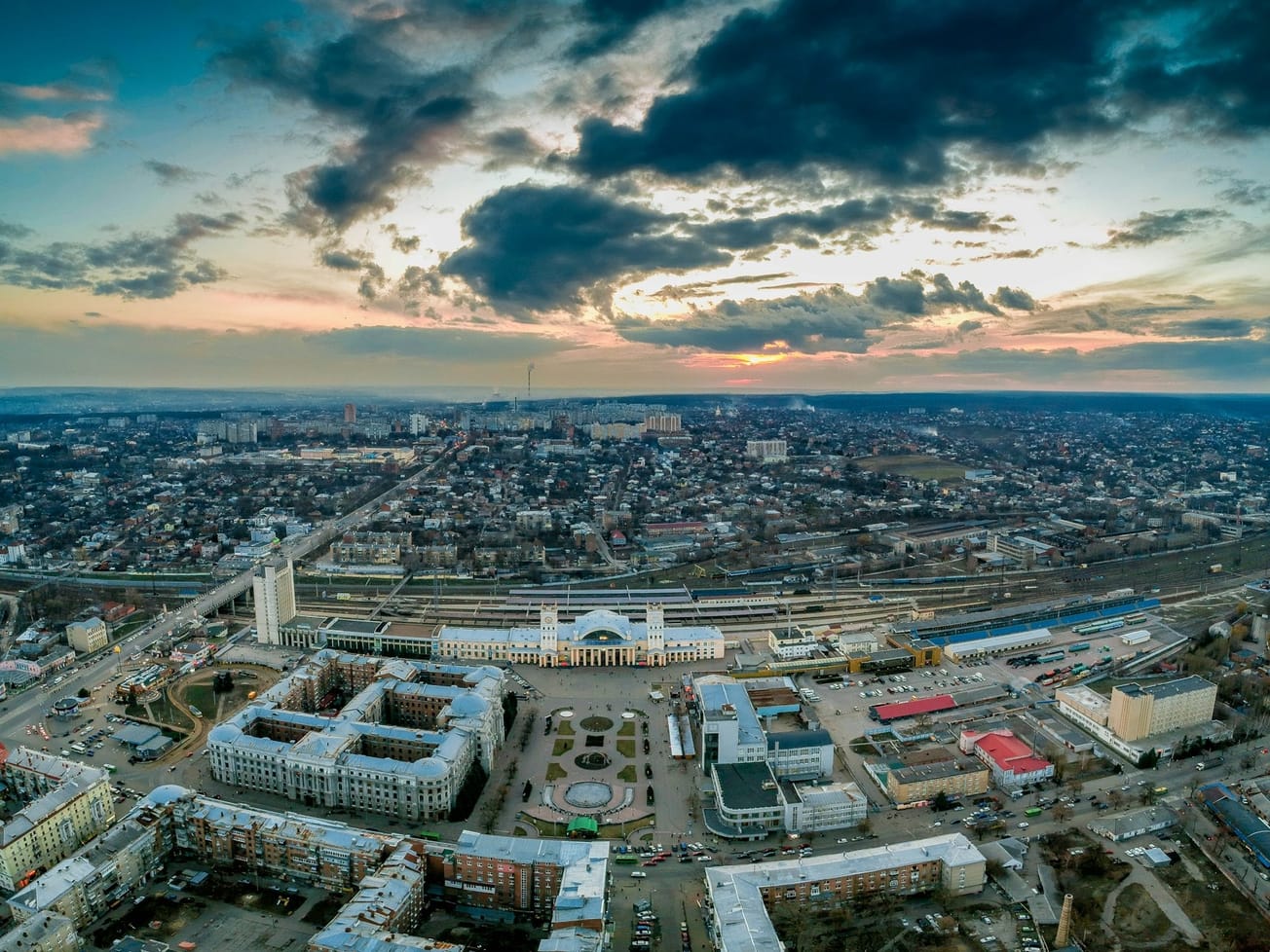A top human rights investigator for the United Nations cited evidence that Russia has adopted a government policy of torturing Ukrainians as its war grinds on.
Australian lawyer Alice Jill Edwards, who serves as the U.N.'s special rapporteur on torture, said Russia's war on Ukraine has become "synonymous with torture" as part of an apparent campaign against Ukrainian civilians and prisoners of war.









